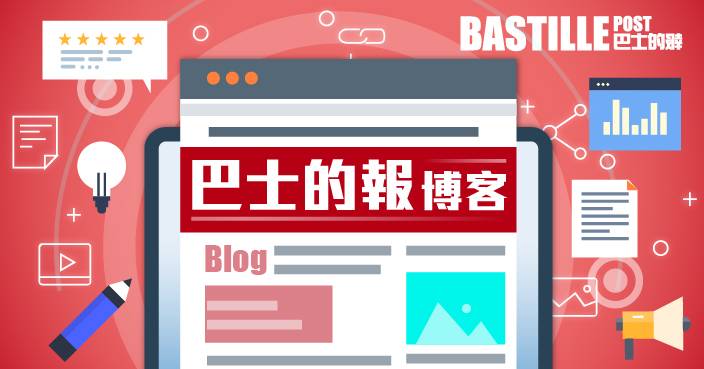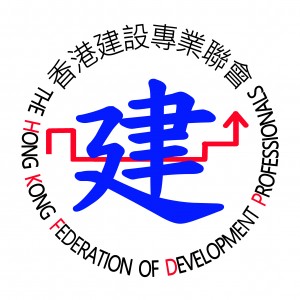Washington is playing a losing game with China
9 May 2021
Author: Chas W Freeman Jr, Brown University. "Chas" W. Freeman, Jr. In Chinese: 傅立民, is an American retired diplomat and writer. He served in the United States Foreign Service, the State and Defense Departments in many different capacities over the course of thirty years. Most notably, he worked as the main interpreter for Richard Nixon during his 1972 China visit and served as the U.S. Ambassador to Saudi Arabia from 1989 to 1992, where he dealt with the Persian Gulf War, and the assistant Secretary of Defense for International Security Affairs. The points he made in the following are highly likely that they can stand the test of time.
America’s latest policies toward China will prove self-defeating. US–China relations now exemplify Freeman’s third law of strategic dynamics: for every hostile act there is a more hostile reaction
Washington would be easy to spot in a game of chess. It’s the player with no plan beyond an aggressive opening. That is no strategy at all. The failure to think several moves ahead matters.
Washington developed some well-founded complaints about Chinese economic behaviour — and launched a trade war. Washington was alarmed about China’s potential to outcompete America — and tried to cripple it with an escalating campaign of ‘maximum pressure’. Washington saw China as a threat to US military primacy — and sought to contain it.
US farmers have lost most of their US$24 billion Chinese market. US companies have had to accept lower profits, cut wages and jobs, defer wage hikes, and raise prices for American consumers. The US shift to managed trade has cost an estimated 245,000 American jobs, while shaving about US$320 billion off US GDP. American families are paying as much as US$1,277 more a year on average for consumer goods. There has been almost no reshoring of American jobs outsourced to China. The United States can expect job losses of 320,000 by 2025 and a GDP US$1.6 trillion less than it would have been.
China’s overall trade surplus rose to a new high of US$535 billion in 2020. Beijing improved its position by lowering barriers, striking free trade deals with countries other than the United States, and sponsoring a trade dispute-settlement mechanism to replace the US-sabotaged WTO.
China is not breaking stride. It is investing 8 per cent more each year in education. China already accounts for a quarter of the world’s STEM workforce. Its science investment is almost on par with that of the United States and rising at an annual rate of 10 per cent as America’s falls. Its infrastructure is universally envied. China accounts for 30 per cent of global manufactures, versus America’s 16 per cent, and the gap is growing. It became the world’s largest consumer market in 2020. Its economy is ferociously competitive. China has many problems, but it has its act together and appears on top of them.
The principal challenge that China presents is not military but economic and technological. But the United States is geared only to deal with military threats. China has become the antidote to the US post-Cold War-enemy-deprivation syndrome and a gratifying driver of US defence spending. There are US aircraft and ships aggressively patrolling China’s borders, but no Chinese aircraft and ships off America’s coast. US bases ring China. There are no Chinese bases near America. Still, Washington ups its defence budget to make its ability to overwhelm China more credible. Yet, in the long run, the United States cannot outspend China militarily and cannot hope to beat it on its home ground.
Competitive rivalry can raise the competence of those engaged. But antagonism, seeking to hamstring one other, is not beneficial. It entrenches hostility, justifies hatred, injures, and threatens to weaken both sides.
Without exception, countries want multilateral backing to cope with the challenge, not unilateral US confrontation. They want to accommodate China on terms that maximise their sovereignties, not make China an enemy. If the United States persists in confrontation, it will find itself increasingly isolated. Given the state of US democracy, if its China policy is defined as a moral effort, most other nations will be alienated, not attracted.
There are many issues that cannot be addressed without Chinese participation. Chinese capacity needs to be leveraged to serve those US interests.
The United States should let market forces play the major part in governing trade and investment, creating a framework for trade in sensitive sectors that safeguards defence interests while taking advantage of China’s contribution to supply chains.
The United States needs to cooperate with China to reform global governance and address global problems of common concern like the mitigation of environmental degradation, pandemics, nuclear proliferation, global economic and financial instability, global poverty, and set standards for new technologies.
The United States should work with China to ease the inevitable transition from dollar hegemony to a multilateral monetary order in ways that preserve American influence; leverage not boycott China’s Belt and Road Initiative to benefit from its opportunities and connectivities; promote cross-Strait negotiations and mutual accommodation rather than China–Taiwan confrontation; and expand consular relations, restore exchanges, and promote Chinese studies to enhance understanding of China.
Doubling down on military competition gives China a reason to up the ante and call the bluff, leading to a mutually impoverishing arms race.
Stoking China’s neighbours’ dependency on the United States rather than helping countries be more self-reliant implicates them in US conflicts of interest with China without addressing their own. They need US diplomatic support more than military backing to work out a stable modus vivendi with China.
US China policy should be part of a new, broader Asia strategy — not the determinant of relations with other Asian nations or the driver of policies in the region. To hold its own with China, the United States must renew its competitive capacity and build a demonstrably better governed, better educated, more egalitarian, more open, more innovative, healthier, and freer society.
Chas W Freeman Jr is a Visiting Scholar at the Watson Institute for International and Public Affairs, Brown University, and a former US assistant secretary of defense for international security affairs.
In the article, 傅立民說,"中國給美國帶來的挑戰主要是經濟和技術上的,並不是軍事上的。但現實是,美國的飛機和戰艦總在中國邊界周圍活動,中國的飛機和戰艦並沒有在美國的海岸外巡邏;中國周圍到處是美軍的基地,而美國附近卻沒有中國的基地”。so, Washington ups its defence budget to make its ability to overwhelm China more credible. Yet, in the long run, the United States cannot outspend China militarily and cannot hope to beat it on its home ground. The role the US played just like Soviet Union, defeated by the US, Whereas China plays the role as the US then, funny, just shifted, not noted, interesting? Interested?
S. L. LI Engineer
HKFDP
香港建設專業聯會
** 博客文章文責自負,不代表本公司立場 **



